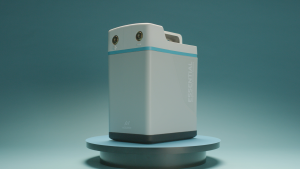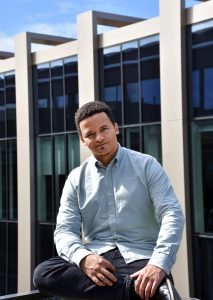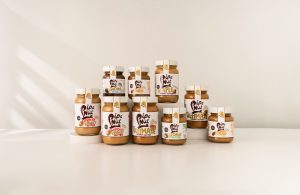Operating in over 80 cities across the world, Deliveroo has had a huge impact on the hospitality industry. Conceptualised by former investment banker Will Shu, who was dissatisfied with the quality of takeaway services surrounding his London office, the company is now reported to be worth over $1 billion, and is continuously growing. Here, we take a look at how Deliveroo (and other similar apps) have changed the hospitality industry.
Increasing numbers of people ordering restaurant food
By offering an easy connection between customers and restaurants while also providing a delivery service, Deliveroo has given customers the option of obtaining restaurant food as a take-away. Before Deliveroo’s emergence into the market, a delivery service was only offered by a very small number of specific businesses, focusing on this area. By having the option to get restaurant quality food delivered to their houses, customers are opting to substitute their home cooked weekday meals for food brought by Deliveroo.
This has obviously had a serious negative impact on traditional takeaway and/or delivery services, who have seen their sales fall. These industries are having to quickly react in order to prevent themselves from going out of business, having to focus on both price and quality in order to compete in this changing market.
Restaurants are emptier
However, Deliveroo hasn’t just presented restaurants with benefits. Because increasing numbers of people are choosing to have their favourite restaurant food in the comfort of their own homes, restaurants are becoming emptier, hosting fewer people on-site. Because restaurants rely on increasing their average transaction value by encouraging customers to order desserts, or that extra glass of wine with their food, they are losing out on sales. Equally, by having fewer people in the restaurant produces a negative multiplier effect for the customers who do visit in person; no one wants to eat in an empty restaurant, and a place with few customers is not inviting to potential customers walking down the street looking for a place to eat.
Change in restaurant staff
With more people ordering food, but few customers in the front of house, restaurants are having to re-assess their current staffing structures, often in favour of more chefs and fewer servers. Changing the structure of places in this industry is not easy however, due to their fixed capital – restaurants have a fixed kitchen area, and buying new hobs and burners to increase kitchen output is extremely expensive. Equally, since Deliveroo is relatively dynamic, and the industry cannot be sure as to the long-term effects of apps such as these, many businesses are unsure if the investment in expensive structural and capital change will be worth it.







